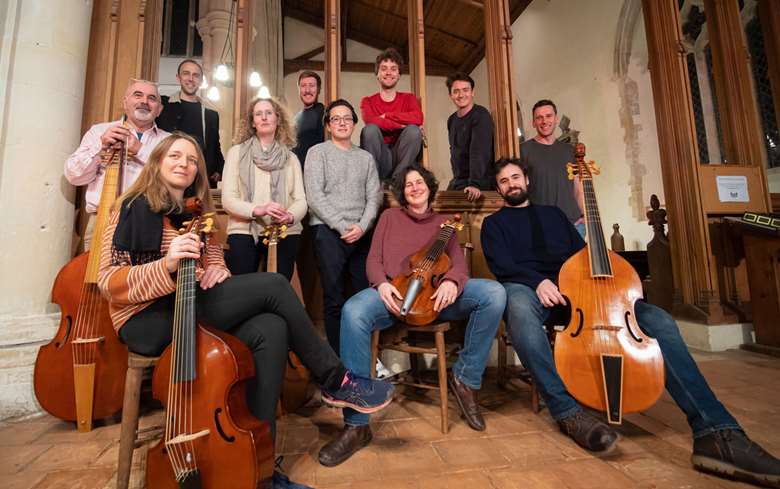Renaissance masters: The King’s Singers and Fretwork pay tribute to Byrd and Weelkes
Edward Breen
Monday, February 13, 2023
For the 400th anniversary of the death of both Byrd and Weelkes, The King’s Singers and Fretwork join forces to reflect the contrasts, and parallels, between the two composers

Register now to continue reading
Thanks for exploring the Gramophone website. Sign up for a free account today to enjoy the following benefits:
- Free access to 3 subscriber-only articles per month
- Unlimited access to our news, podcasts and awards pages
- Free weekly email newsletter










